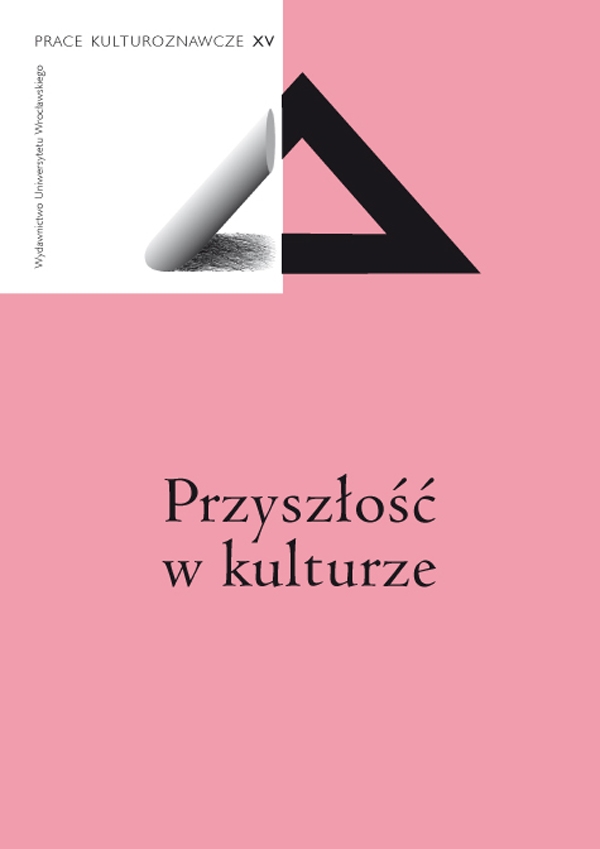

Strony redakcyjne

Resurrecting cultures
The author diagnoses the condition of the humanities today, referring to the conclusions of its avant-garde movements, mainly post-modernism, post-structuralism or post-scientism the so-called new paradigm. The loss within these movements of the basic epistemological categories — such as objectivity, reality, truth, experience or symbol — causes a referential break between language and being. This state of affairs causes research controversies and thought aberrations that undermine the discipline’s authority and the sense of its practice. These controversies are by no means an innovation of our times. They appeared on numerous occasions in the history of thought and — speaking more broadly — culture, with the “monastic” experimental style and the “qualitative” speculative style marking their ascendancy or descent to the scholarly underworld with greater or lesser force. What characterises the humanities today is the extent to which obvious cognitive absurdities masquerading as science throw their weight around, absurdities stemming from seemingly innocent premises, such as the use of inventiveness, paralogy, narrative, esotericism, etc. in research. Their worldview-related consequences leading through tolerance to relativism demand a ban on the application of axiological procedures and a reference of a worked-out conceptuality to extra-linguistic reality, or its unwarranted, often “exotic” ideologisation. This turns out to be ruinous not only to cognition as such but also to the sense of human existence.
That is why a return to the monastic style and, as part of it, essential cognition broadly defined phenomenology, and practices of presence directness of experience, the “ontological call” not being ignored by the scholar based on symbolic-spiritual exercises bringing to mind the deconstructed ancient idea of Logos and humanitas and the horizon of universal values, can lend support to the crisis-ridden culture. Resurrecting a culture does not denote a formalistic “resurrection of the word,” but another anthropological turn demanding a description of the human condition and not the human nature as part — as Chantal Delsol claims — of a universalist anthropology based on experiences in various times and spaces. This anthropology, we should add, cannot be free from showing two links of culture: immanence and transcendence.